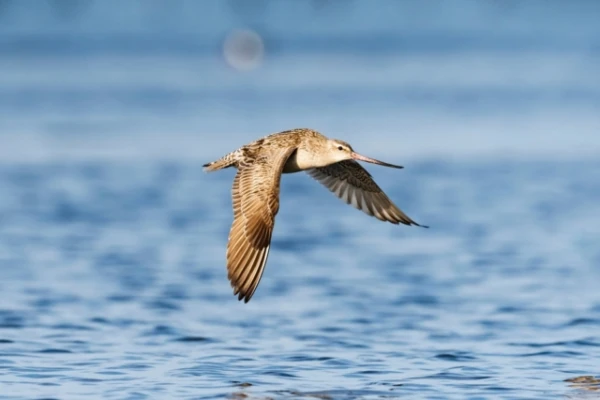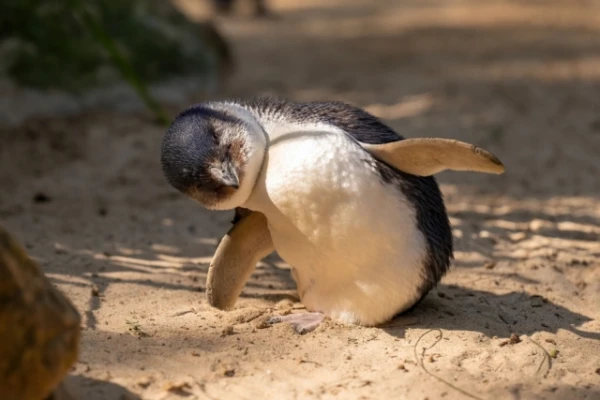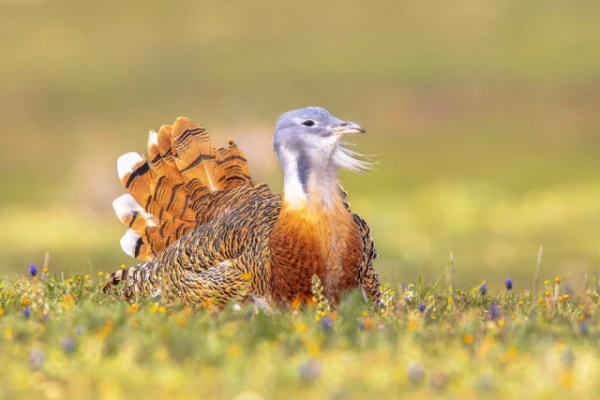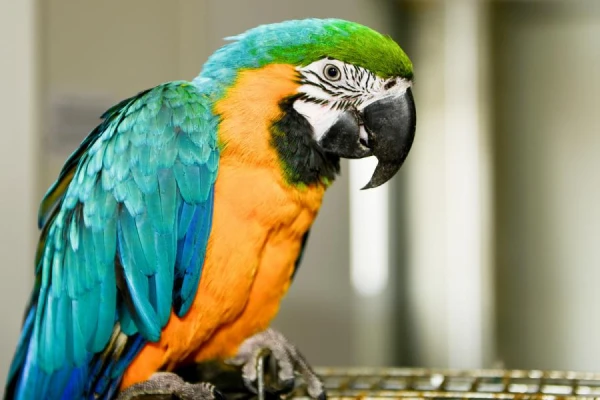
The little sandpipers are record holders for the longest non-stop migration among all animals.
Before departure, these birds accumulate a huge amount of fat — up to 55% of their body mass, which is one of the highest rates among feathered species. To make room for fat reserves, they consciously reduce the size of their internal organs — liver, stomach, kidneys, and intestines, while maintaining muscle mass and heart strength, reports IFLScience.
This process occurs thanks to autophagy — a cellular 'self-eating' mechanism, where the body recycles its own tissues under stress. After landing, the organs are restored, allowing the birds to quickly return to normal feeding and prepare for the next flight.
In 2022, a record was set: one individual flew 13,560 kilometers in 11 days — from Alaska to Tasmania.













